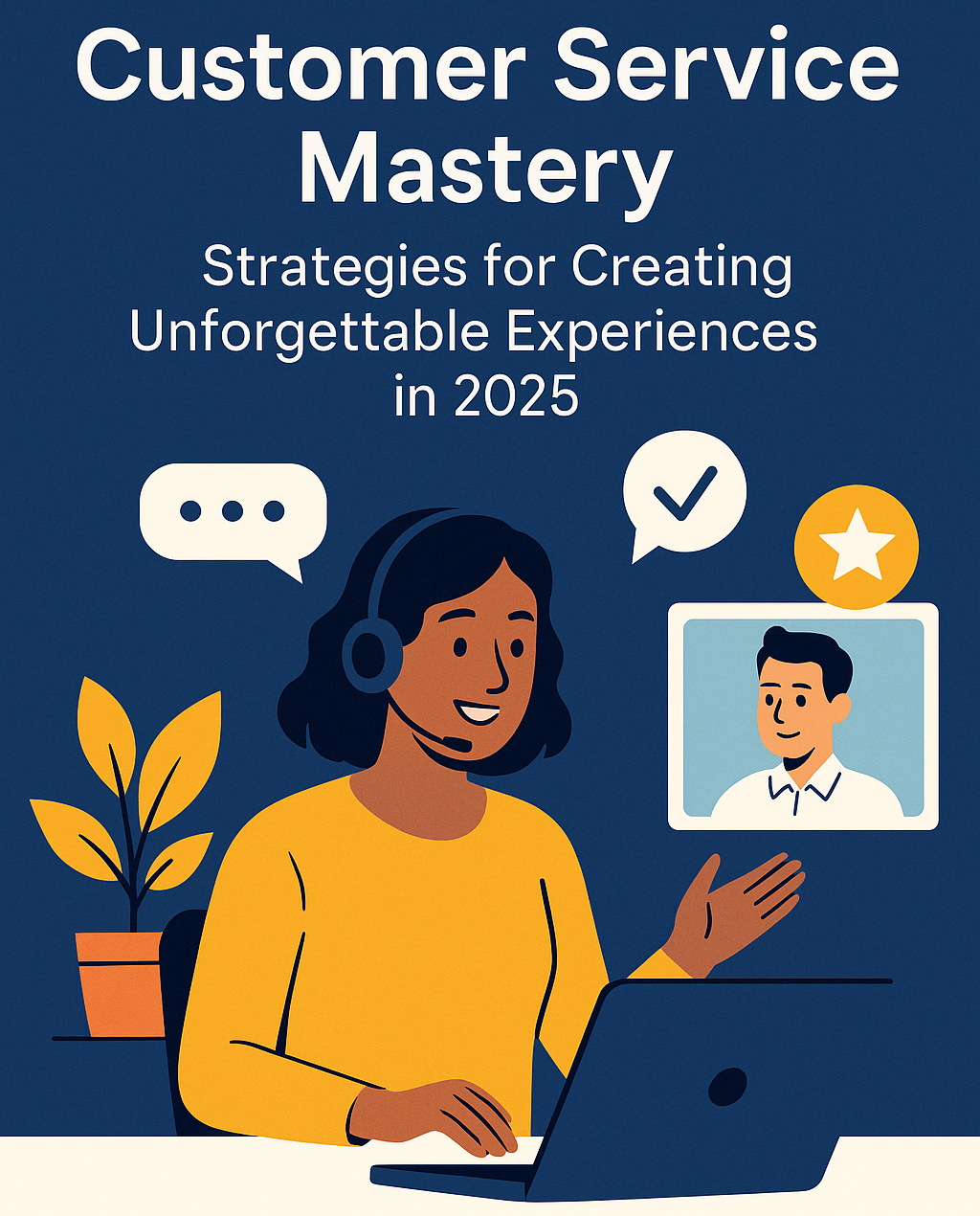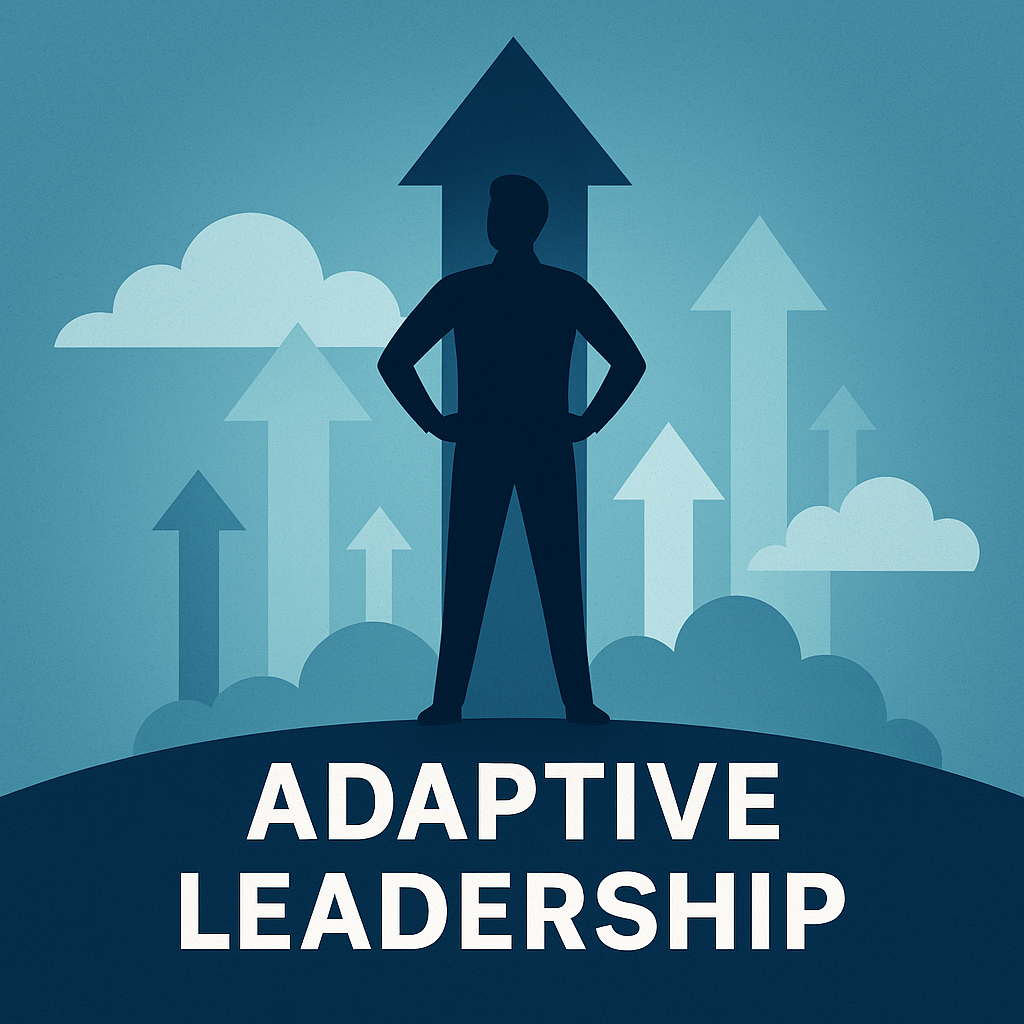Mastering Adaptive Leadership: Thriving in a Rapidly Changing World
In today’s fast-paced, unpredictable world, leadership isn’t just about setting a vision and steering the ship — it’s about navigating through storms, adjusting sails, and empowering others to do the same.
Adaptive leadership has become the cornerstone for thriving organizations in 2025 and beyond.
In this article, we’ll explore what adaptive leadership is, why it’s more critical than ever, and how you can master it to lead confidently through change.
What is Adaptive Leadership?
Adaptive leadership is a practical leadership framework developed by Ronald Heifetz and Marty Linsky. It focuses on helping individuals and organizations adapt to changing environments and respond to recurring challenges effectively.
Unlike traditional leadership, which often relies on authoritative expertise, adaptive leadership requires flexibility, emotional intelligence, and a deep commitment to collaboration.
Key Principles of Adaptive Leadership
✅ Embrace Uncertainty:
Adaptive leaders accept that they don’t have all the answers. Instead of resisting change, they view it as an opportunity for growth.
✅ Empower Others:
It’s not about having all the solutions. It’s about mobilizing people, encouraging innovation, and allowing teams to find answers together.
✅ Experiment and Learn:
An adaptive leader is willing to test new ideas, learn from failures, and pivot quickly without fear of admitting mistakes.
✅ Manage Conflict Productively:
Change often stirs emotions. Adaptive leaders recognize conflict as a necessary part of growth and guide teams through it respectfully.
✅ Stay Anchored in Purpose:
While strategies might shift, the underlying mission or purpose must stay clear. Adaptive leaders constantly reframe challenges around shared values and goals.
Why Adaptive Leadership Matters in 2025
🌍 The World is More Complex:
Globalization, remote work, technological disruptions, and economic shifts mean that yesterday’s solutions won’t solve today’s problems.
🧠 Emotional Intelligence is Essential:
With AI and automation on the rise, human leadership — empathy, resilience, active listening — becomes a company’s biggest advantage.
🔄 Continuous Innovation is Non-Negotiable:
Companies that can’t adapt die out. Leaders must foster cultures that are flexible, experimental, and open to change.
How to Develop Adaptive Leadership Skills
-
Practice Self-Reflection: Regularly question your assumptions and be open to feedback.
-
Encourage Diverse Perspectives: Different backgrounds bring different solutions. Promote diversity of thought.
-
Stay Curious: Approach challenges with a learner’s mindset rather than a knower’s mindset.
-
Focus on Collaboration Over Control: Shift from a command-and-control style to one that nurtures autonomy and ownership.
-
Invest in Resilience: Build your own and your team’s mental toughness to handle setbacks gracefully.
Final Thoughts: Lead the Change, Don’t Chase It
Adaptive leadership isn’t just a trend — it’s the leadership style the future demands.
By staying flexible, fostering innovation, and leading with authenticity, you position yourself and your organization not just to survive change — but to shape it.
🌟 Remember: In a world of constant disruption, the most powerful leaders aren’t the ones who know it all.
They’re the ones who are willing to learn, adapt, and grow with their teams.
Explore Leadership Courses on SkillWarp
Want to dive deeper into mastering modern leadership styles?
Check out the Leadership Mastery Course at SkillWarp and future-proof your leadership journey!




